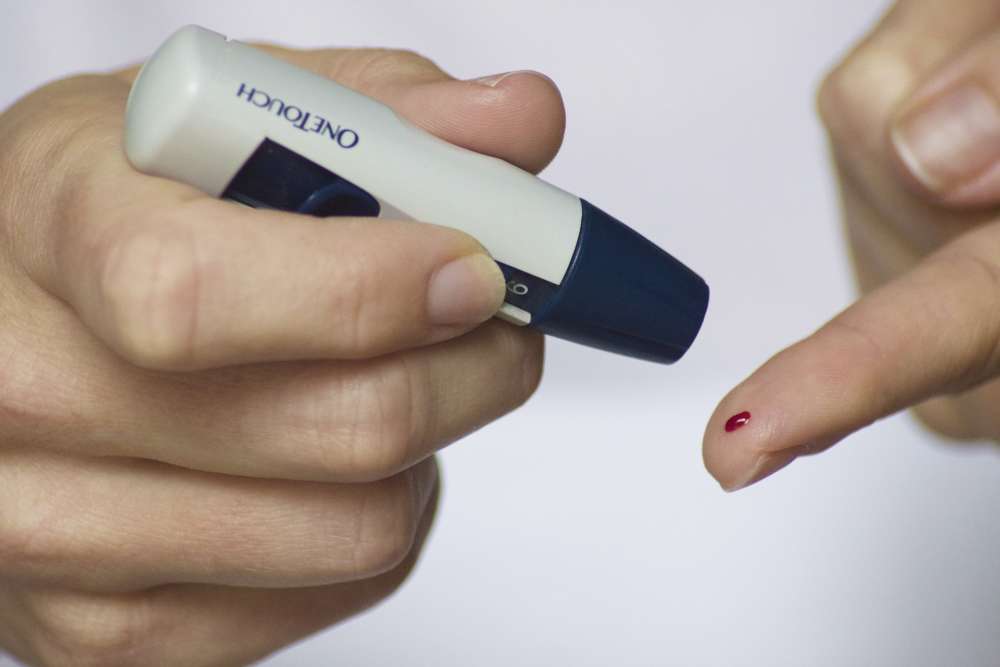Canberra: Researchers from the University of Melbourne have found that rotavirus infection might play a role in the development of type 1 diabetes.
Rotavirus remains the major cause of infantile gastroenteritis worldwide, although the advent of vaccination has substantially decreased associated mortality.
Following the recent introduction of rotavirus vaccination, there has been a 15 percent decrease in the incidence of type 1 diabetes in Australian children under four years of age.
“Vaccination against rotavirus may have the additional benefit in some children of being primary prevention for type 1 diabetes,” said the study’s lead author Leonard C. Harrison.
The study published in the journal PLOS suggested that rotavirus vaccination could contribute to the primary prevention of this autoimmune disease.
This finding complements human and animal studies implicating rotavirus in the development of type 1 diabetes in genetically susceptible children.
In the article, the research team begins by reviewing molecular evidence supporting their hypothesis and point out the association between rotavirus infection and serum islet autoantibodies.
The results showed that rotavirus infection-induced pancreatic pathology, as well as environmental factors that promote the rise in the incidence of type 1 diabetes.
After reviewing population-level data, the study suggested that rotavirus vaccination might be associated with a decrease in the incidence of type 1 diabetes.
According to the researchers, it will be important to identify which children are most likely to be protected by rotavirus vaccination.
Moreover, future studies should aim to reveal disease mechanisms and directly demonstrate whether rotavirus infects the human pancreas prior to the onset of islet autoimmunity or type 1 diabetes.

